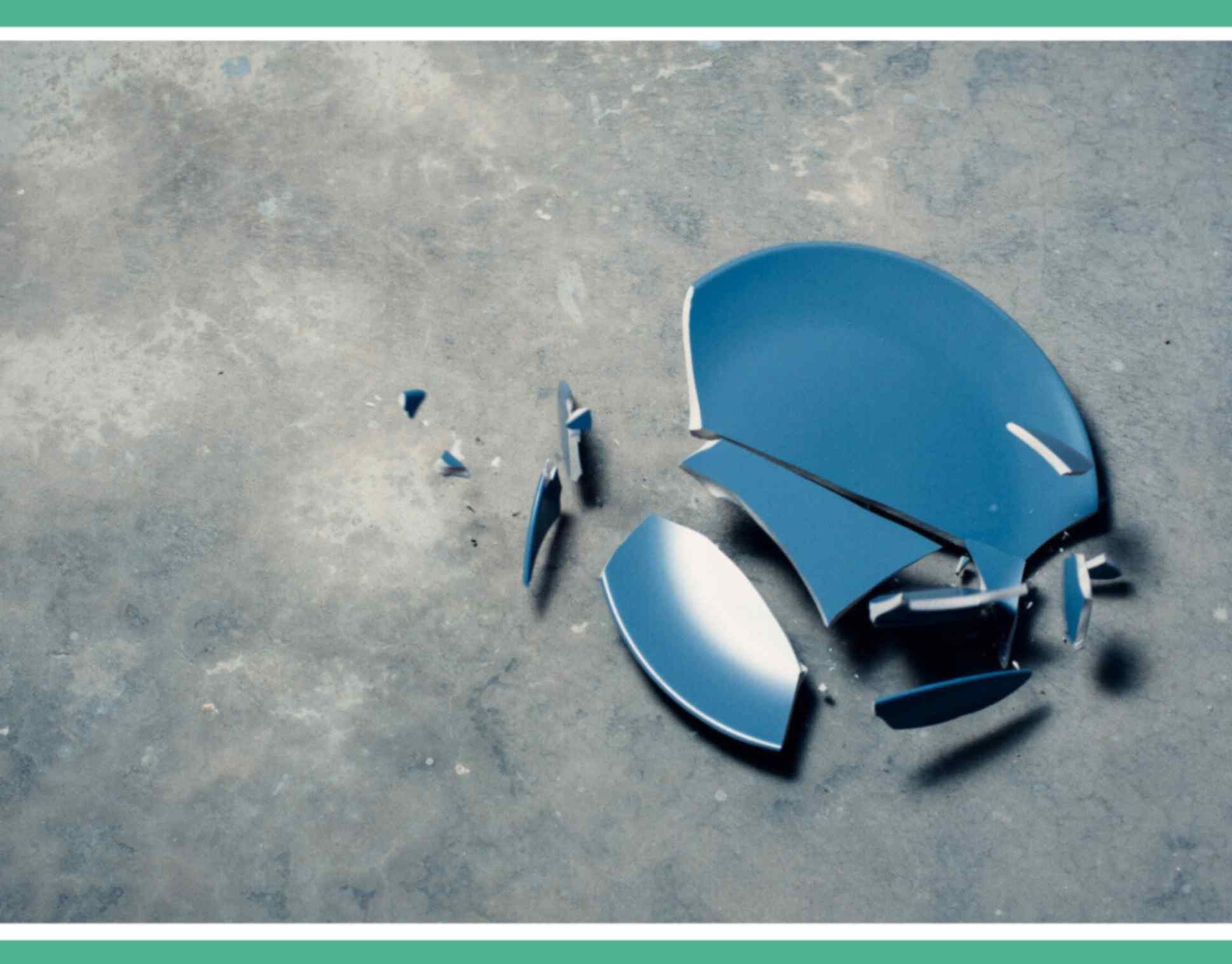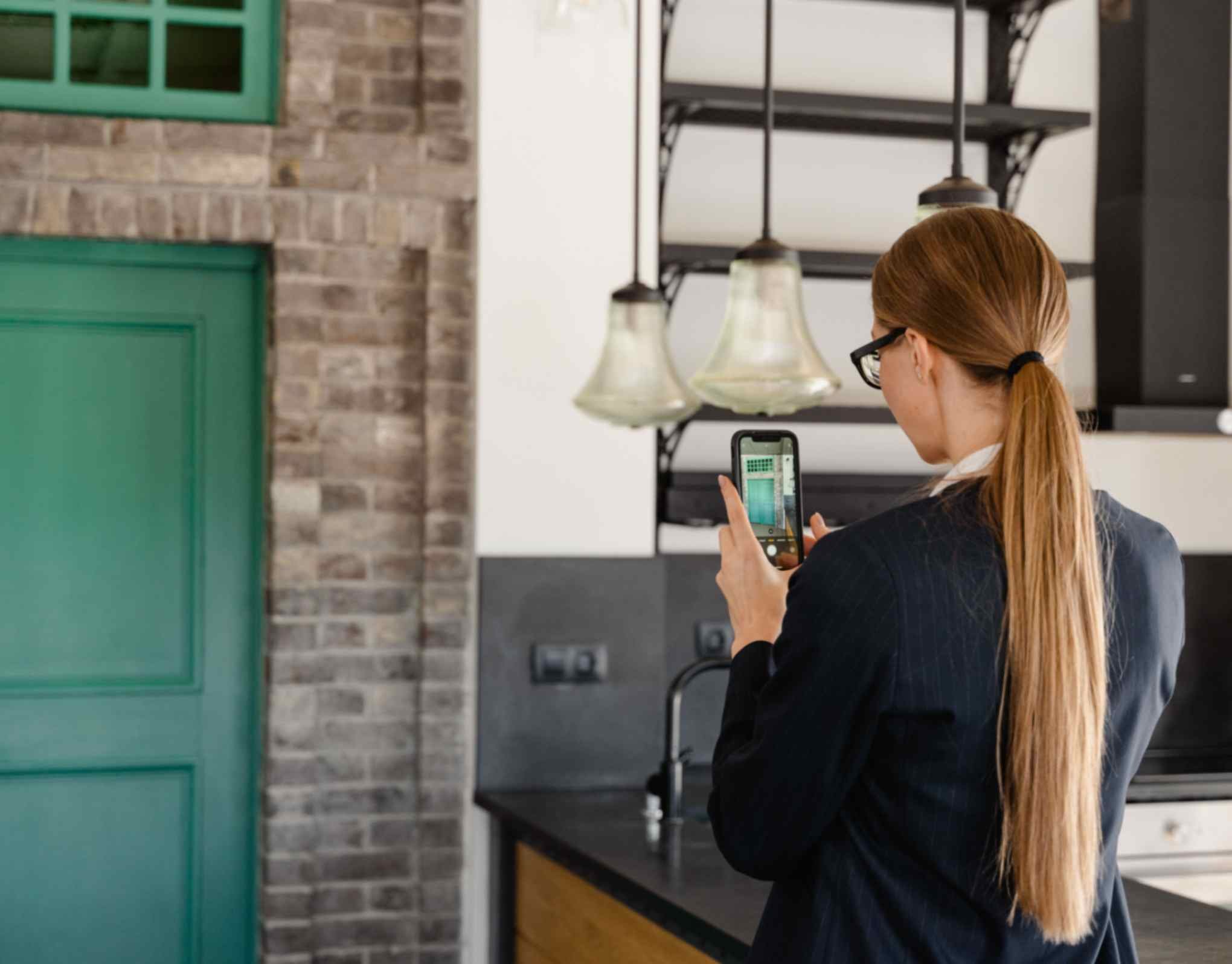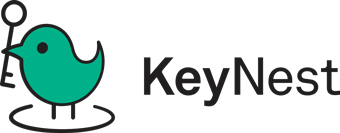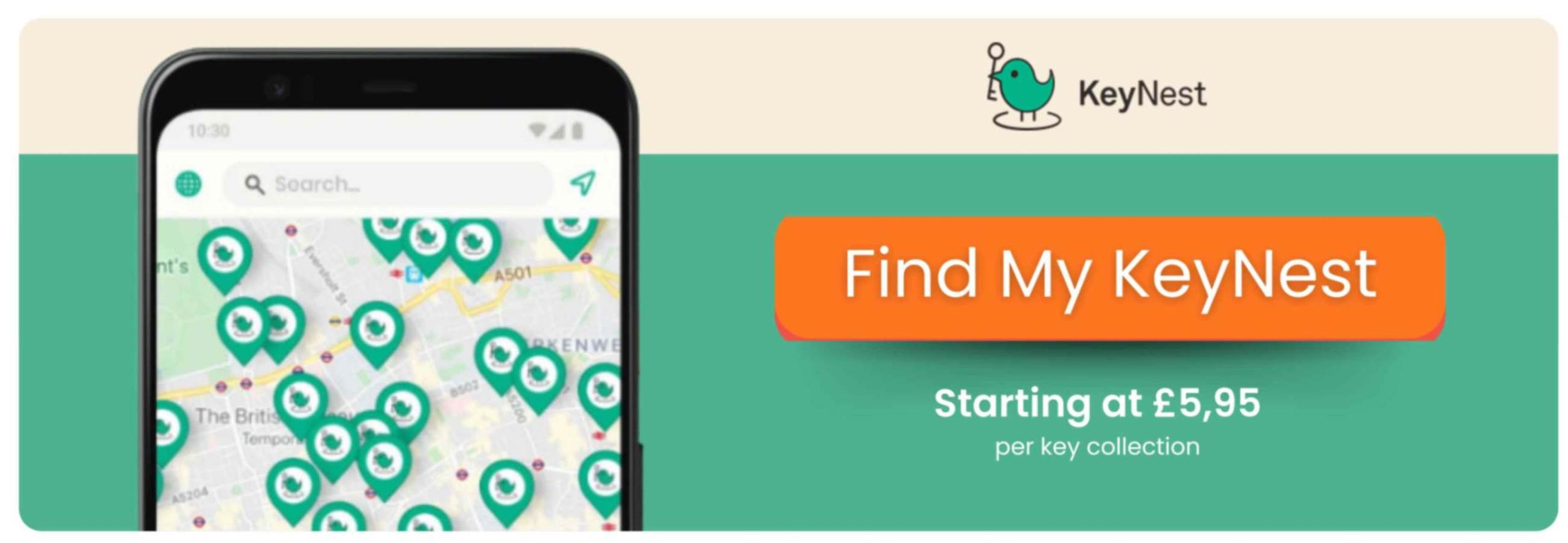Over 1500 key exchange locations nationwide
Airbnb Host Damage Protection From Guests
Running an Airbnb can be a rewarding experience, but it comes with its fair share of challenges, including the risk of property damage. Guests may unintentionally or, in rare cases, deliberately cause damage by a guest to your property, which can be frustrating for hosts. This damage can range from broken furniture and stained upholstery to more severe incidents such as structural issues or appliance malfunctions. Effectively dealing with damage caused by guests requires a proactive approach, including setting clear house rules and regularly inspecting your property.
Understanding Airbnb’s host protection policies and Aircover for hosts insurance are essential to guarantee you can recover potential losses on an Airbnb stay. Proper documentation and timely communication with guests can greatly improve your chances of resolving issues amicably with less liability. Knowing how to repair minor damages efficiently also guarantees that your property remains guest-ready for future bookings. Moreover, establishing a reliable process for handling occurrences can reduce downtime and maintain your listing's reputation. In this guide, we’ll explore essential steps to manage damage occurrences, from prevention and documentation to filing compensation claims.
You'll also learn how to communicate with guests professionally when issues arise. Whether you're a first-time host or an experienced property manager, understanding how to handle damage is critical for a successful hosting experience. Staying proactive not only minimizes potential losses but also fosters positive guest relationships. By following best practices, you'll be able to handle occurrences more efficiently. Let's dive into actionable tips and strategies for safeguarding your Airbnb property. Stay prepared and confident with these expert insights.
1. Preventing Property Damage Claim
Prevention is always better than cure when it comes to managing your Airbnb. Setting up preventative measures can save you from the stress and cost of dealing with damage after a guest's stay. Clearly communicate your house rules and expectations in the listing description and during the booking process.
Investing in durable, easy-to-clean furnishings and maintaining a clutter-free property can reduce the risk of wear and tear, breakage or spills. Security deposits can also encourage Airbnb guests to treat your property with care and prevent damage to your property by any guest during an Airbnb stay. Regular maintenance checks are essential to guarantee your property remains in excellent condition.
Here’s what you can do to reduce the risk of property damage:
Clear house rules: Set and communicate rules for guests upfront.
Durable furniture: Invest in high-quality, damage-resistant furnishings.
Security deposits: Require deposits as an incentive for guests to be cautious.
Regular maintenance: Inspect the property to identify and fix issues.
Guest communication: Politely remind guests of rules before check-in.
2. Documentation Of The Damage
Keeping proper records is essential for filing claims and assessing repair costs. After each guest checkout, conduct a thorough inspection of your property to identify any damages. Take clear, time-stamped photos or videos to capture the extent of the damage.
Compare these with photos of your property before the guest's stay to provide evidence if you need to file a claim. Having detailed records makes it easier to prove your case to Airbnb and avoid disputes from damage caused by a guest.
Key steps to document damage effectively:
Thorough inspections: Conduct property checks after each guest's stay.
Photos and videos: In the rare event of extreme damage during a stay, capture clear, time-stamped evidence of damage.
Keep records: Maintain before-and-after photos for comparison.
Detailed descriptions: Write down observations with specifics on the damage.
Digital storage: Store evidence on a secure platform for easy access.
3. Communicating If Guests Break Or Damage Something
Effective communication is crucial when handling damage issues with guests. Politely inform the guest about the damage as soon as possible, providing photos as evidence. Approach the conversation calmly and professionally to avoid escalating the situation.
Most guests are cooperative and willing to resolve the issue amicably. If the guest denies responsibility, you may need to involve Airbnb Support. Keeping conversations within Airbnb’s messaging system can serve as evidence in case of disputes.
Best practices for communicating with guests:
Timely notification: Contact guests as soon as damage is discovered.
Professional tone: Stay calm and polite in all interactions.
Share evidence: Provide photos and descriptions of the damage.
Propose solutions: Suggest amicable resolutions if possible.
Use Airbnb messages: Keep communication within the platform.
4. Filing Reimbursement Request With Airbnb Resolution Centre
If you can’t resolve the issue directly with the guest, filing a claim with Airbnb management is the next step. Airbnb provides a Host Guarantee and part of AirCover policy to help cover eligible damages. Start the claim process within 14 days of the guest’s checkout or before the next reservation.
Include all relevant records, including photos, repair estimates, and communication records with the guest. Be clear and detailed when describing the damage and the compensation amount requested.
Steps to file a successful claim:
Act promptly: Submit claims within the required timeframe on the Airbnb platform.
Complete documentation: Include photos, repair estimates for any loss and missing items or damage materials including guest messages.
Be detailed: Clearly describe the damage and compensation requested.
Follow guidelines: Adhere to Airbnb’s claim submission process.
Track progress: Monitor the claim status and provide any additional information.
5. Repairing Damage Efficiently
Quick restores are essential to maintain your property’s appeal and avoid disruptions for future bookings. Hire reputable contractors for significant restorations and handle minor fixes promptly. Consider keeping a toolkit on-site for simple restorations like tightening screws or patching up walls. Always source quality materials to guarantee long-lasting restorations. Schedule restorations during vacant periods to minimize the impact on bookings.
Effective ways to handle restorations:
Assess the damage: Identify whether it’s a minor or major issue.
Hire professionals: Use licensed contractors for significant restorations.
DIY fixes: Handle minor restorations with a well-stocked toolkit.
Source quality materials: Invest in durable solutions to prevent recurring issues.
Schedule restorations wisely: Plan work during off-peak periods.
6. Learning From Damage Incidents
Every damage occurrences is an opportunity to improve your hosting practices. Reflect on the cause of the damage and identify ways to prevent it in the future. Adjust listing rules if needed, and consider implementing new security measures. Seek feedback from guests to understand their experience and how to enhance it. Keep your property listing updated with any changes or improvements.
By learning from these situations, you can reduce the likelihood of future damage and create a better experience for your guests.
Key takeaways from damage occurrences:
Identify root causes: Understand why the damage occurred.
Adjust rules: Update listing rules to address recurring issues.
Improve security: Implement additional safety measures if needed.
Seek guest feedback: Use insights to improve hosting practices.
Update your listing: Keep property information accurate and up to date.
Navigating Host Damage Protection As An Airbnb Host
Dealing with property damage is an inevitable part of hosting on Airbnb, but a proactive approach can make it manageable. Implementing preventive measures, such as setting clear listing rules and performing regular inspections, helps reduce potential risks. Proper records, including photographs and written reports, is crucial for resolving issues efficiently. Timely communication with guests allows for quicker resolutions and helps maintain a positive relationship.
Understanding Airbnb's claims process guarantees you're compensated for eligible damages when incidents occur. Prompt repairs keep your property guest-ready and uphold your reputation as a responsible host. Learning from past incidents enables you to improve your hosting practices and minimize future risks. By staying prepared and following best practices, you can protect your investment and continue to deliver quality guest experiences.
Consistency in these efforts contributes to the long-term success of your Airbnb business. Embrace these strategies to handle challenges confidently and maintain a thriving rental property.
About Us
KeyNest offers you a convenient service for storing and exchanging your property keys. You can drop off a key at any of the 7,000+ locations in our network, so there’s one such Point located next to your property.
Guests, cleaners or contractors can then collect the key securely from a KeyNest Point or KeyNest Locker which is usually open 24/7. You'll be notified each time the key is picked up or returned, and you can even customize check-in and check-out times. By leveraging technology and a global network of locations, KeyNest continues to redefine property management, offering solutions tailored to meet the evolving needs of the rental market..
KeyNest has an ever-expanding global network of locations located just minutes from your property. To find out more you can contact us.
Neil Beltran 31 January 2025




